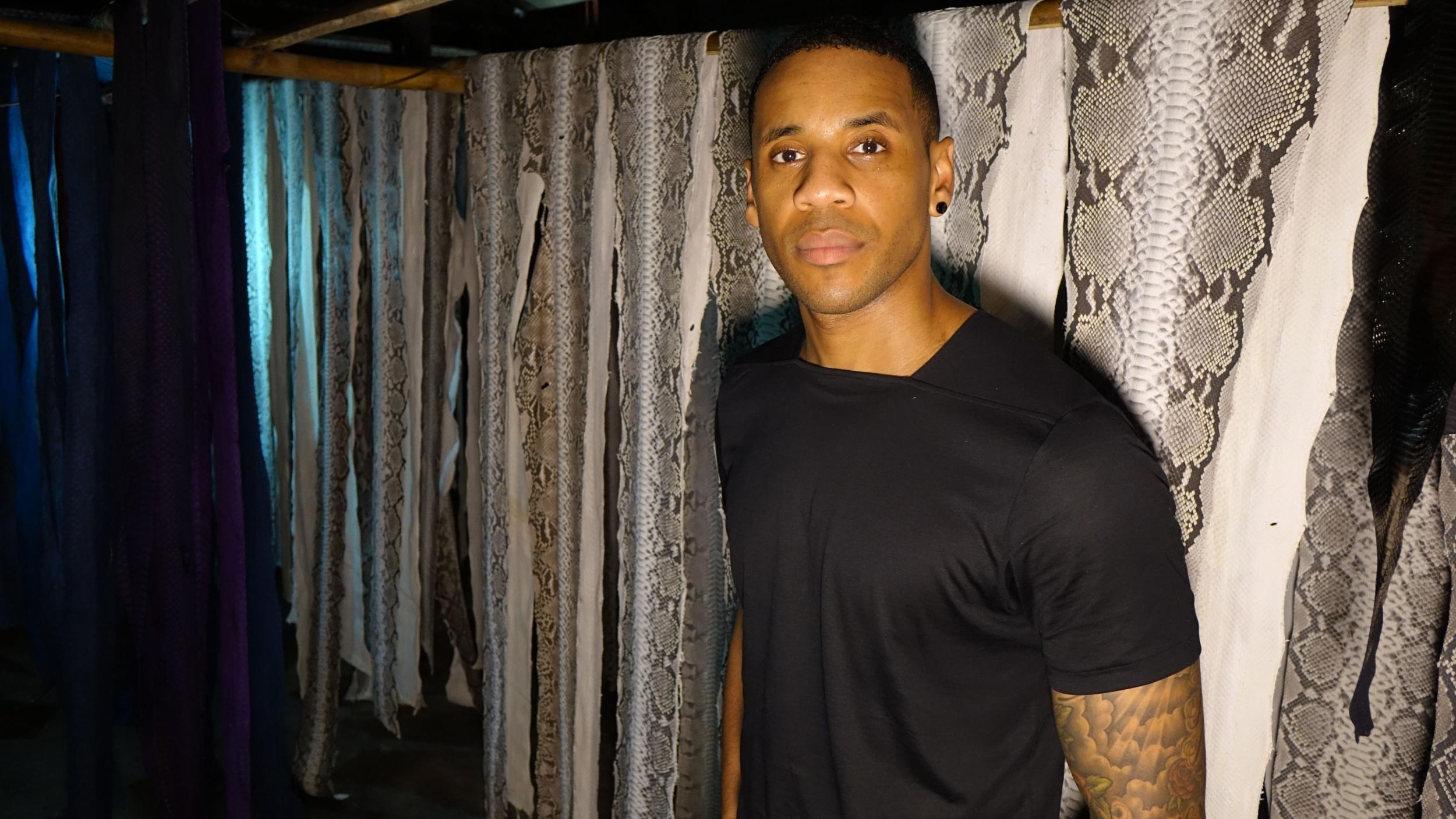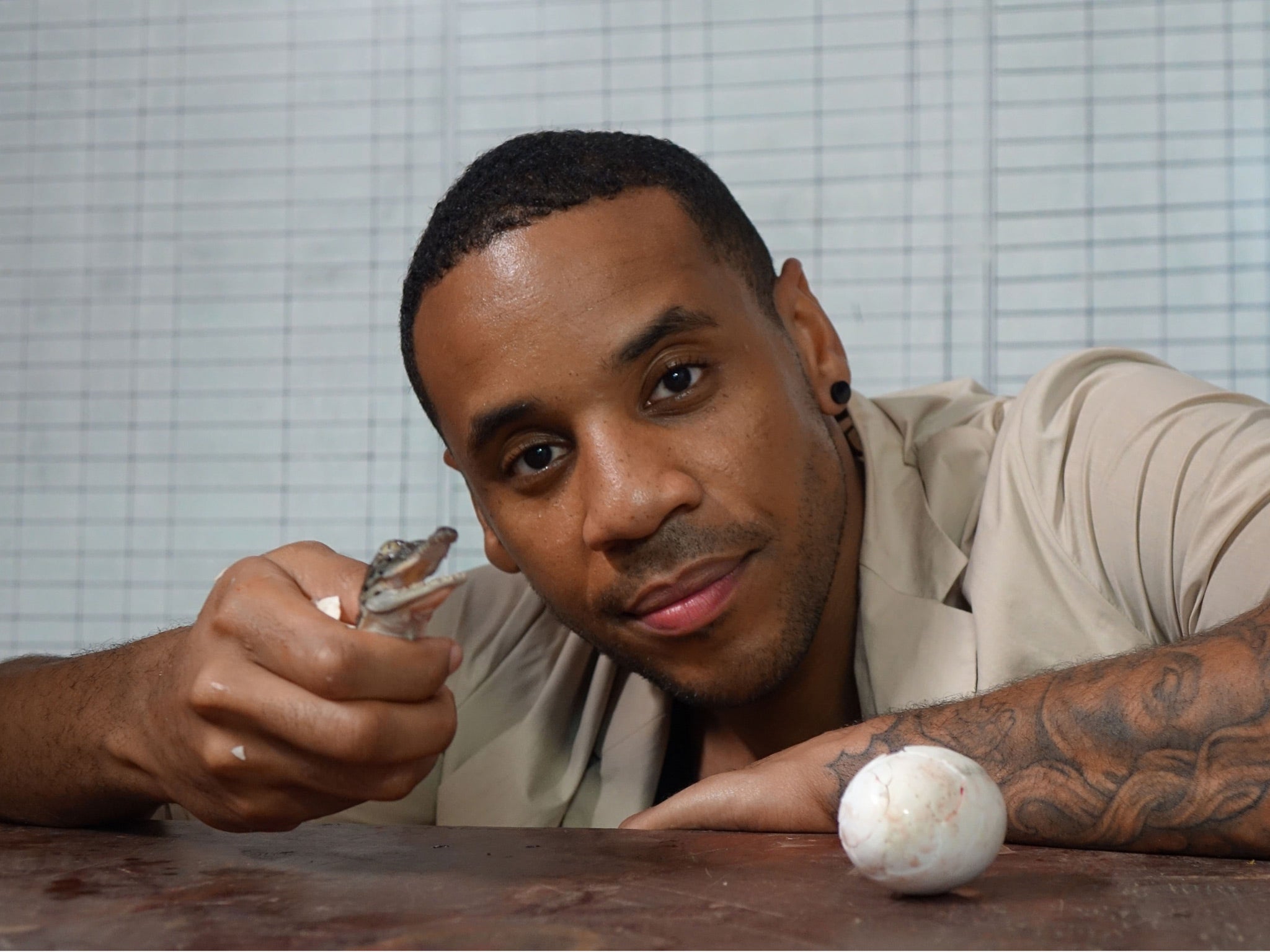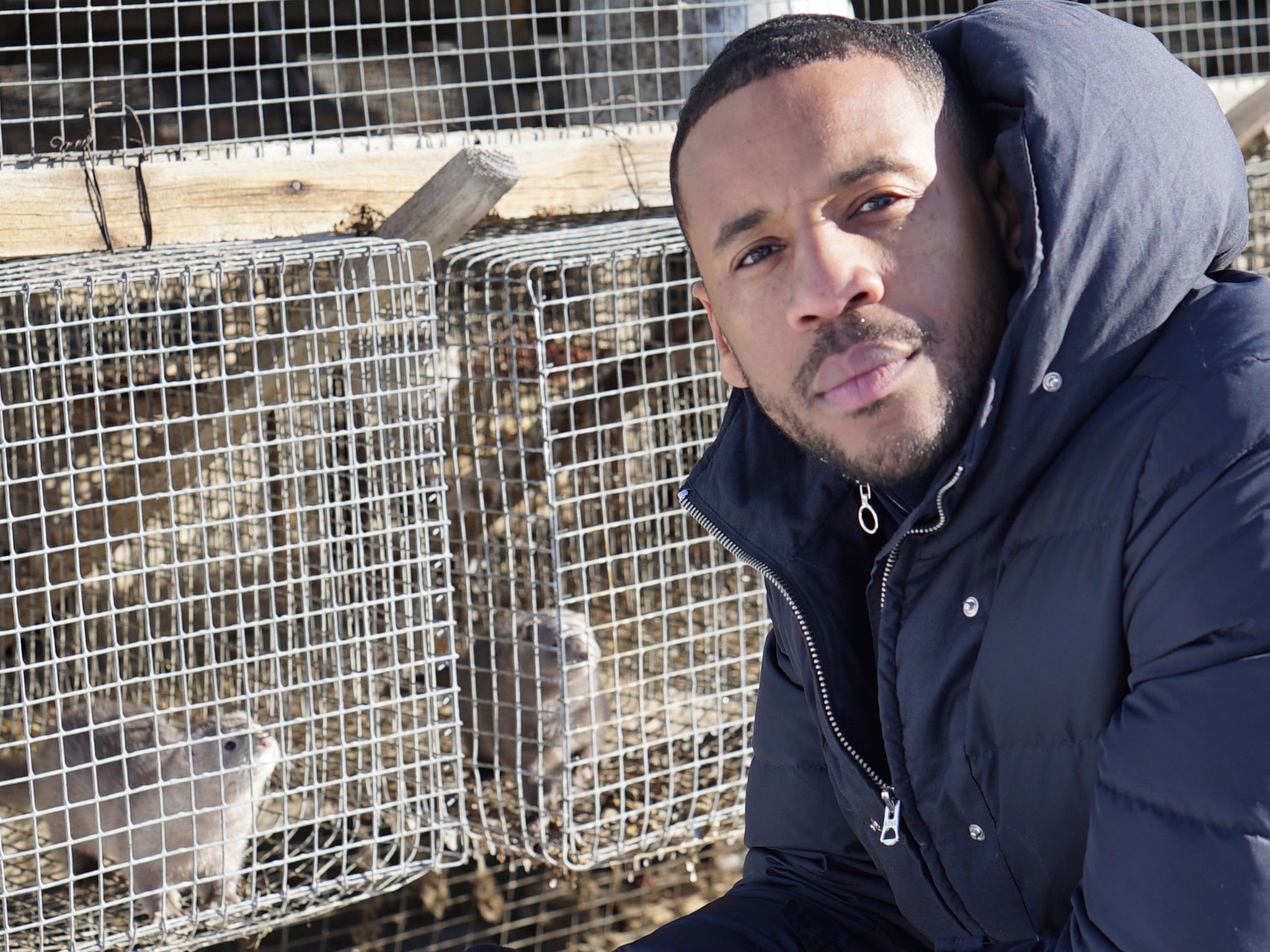Inside the Billionaire's Wardrobe, review: Reggie Yates couldn't be seduced by the fur industry
Reggie Yates's latest documentary saw him travel half way around the world to show viewers what goes into making those much-coveted coats and handbags

Your support helps us to tell the story
From reproductive rights to climate change to Big Tech, The Independent is on the ground when the story is developing. Whether it's investigating the financials of Elon Musk's pro-Trump PAC or producing our latest documentary, 'The A Word', which shines a light on the American women fighting for reproductive rights, we know how important it is to parse out the facts from the messaging.
At such a critical moment in US history, we need reporters on the ground. Your donation allows us to keep sending journalists to speak to both sides of the story.
The Independent is trusted by Americans across the entire political spectrum. And unlike many other quality news outlets, we choose not to lock Americans out of our reporting and analysis with paywalls. We believe quality journalism should be available to everyone, paid for by those who can afford it.
Your support makes all the difference.“Don’t think about the animal, think about the beauty,” said fashion designer Igor Gulyaev with an insouciant smile. He was trying to get Reggie Yates excited about a Russian sable coat with a six-figure price tag. “When you buy meat, do you think about the animal?” Ever polite Yates admitted that he did not. But that was what he was there to do here, to show us the animals’ journey; exactly how that sable fur – or python skin or crocodile – made it into the shops. Also, how the industry has been stretched to meet a 70 per cent increase in the fur market in the last decade.
From Siberian forests to snake slaughterhouses in Indonesia
The result was a wide-reaching documentary that saw BBC Three stalwart-turned-serious-presenter hop from the frozen forests of Siberia to northern Australia to Indonesia. His amiable manner meant that at times it almost veered uncomfortably into celebrity travelogue territory –bouncing around on a decrepit snowmobile; larking about in a swamp – but where it was most effective was when he showed us, in bone-crunching detail, how the skins get from animal to garment makers.

That meant close up shots of his guide skinning a sable caught hunting. Or getting in the way of python catchers as they snared snakes with their bare hands then slaughtered them with a piece of wire to the nose. Or walking through a Russian fur farm as sable and mink cart-wheeled manically in too-small cages, covered in their own faeces.

Yates’ trademark style, as seen in his Extreme Russia series or his Race Riots USA documentary, is empathetic until given a reason not to be. He asked firm, but still polite questions here: “Are these cages big enough?” He put to the Russian farm owner, before he was fobbed off. The answers he got throughout the hour clearly left him uncomfortable, yet he remained even-handed.
Shifting attitudes
The language barriers meant that wasn’t always possible for those involved in the trade to air their views. So we got a lot of Yates ruminating instead. “I’m not saying I’m going to join animal rights when I leave here, but I definitely am feeling a shift in my attitude towards fur,” he declared at the farm; “If it doesn’t put you off, then there’s something wrong with you,” was his response on witnessing the python slaughtering. I would have liked to hear more about the current legal position on fur farms, or hear these findings put to figures who could bring about change.
As impassioned as Yates became about his subject, and as interesting an hour as it was, you sensed something more was needed here before those big fashion brands will sit up and take notice.
Join our commenting forum
Join thought-provoking conversations, follow other Independent readers and see their replies
Comments